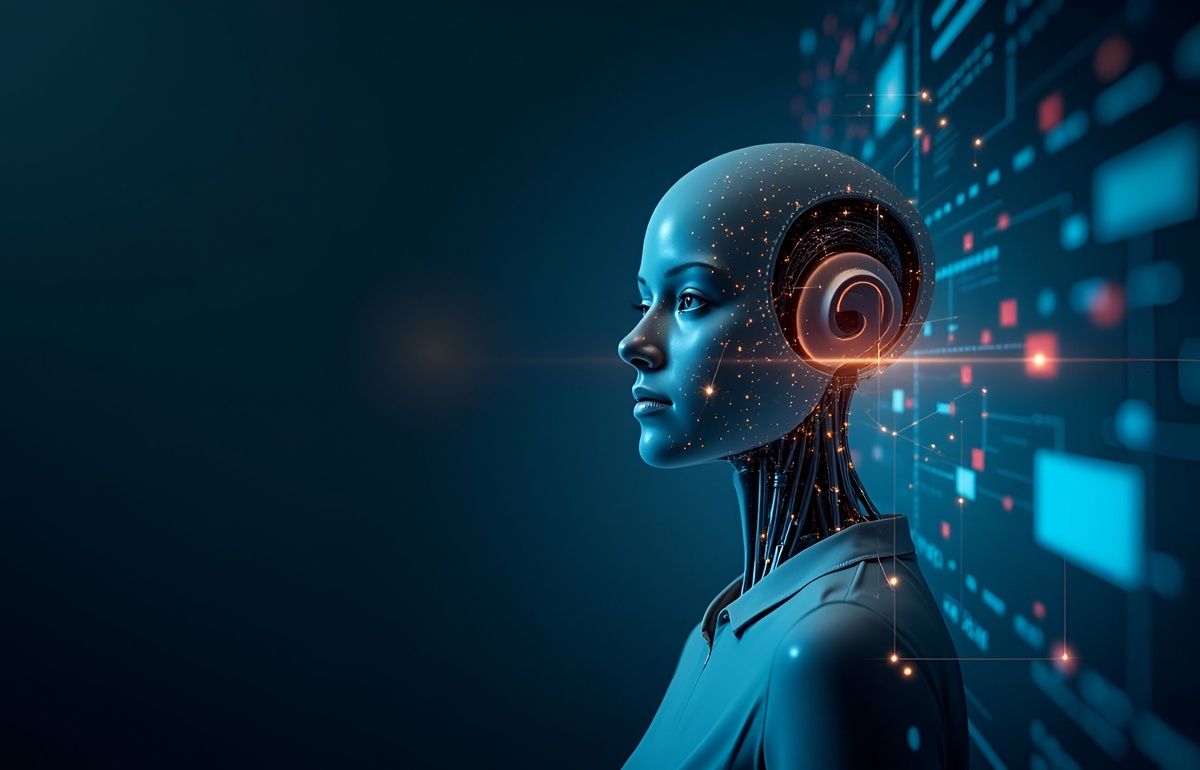April 30, 2025
Voice, chat, and action: why agentic AI is winning in CX

According to Forethought’s 2025 AI in Customer Experience Benchmark Report, companies utilising agentic AI are seeing significant advantages over those using traditional or simpler AI solutions. Agentic AI is proving to be more effective and cost-efficient in handling customer service challenges.
“Companies using AI that can go beyond responding to questions to take action and resolve customer issues are seeing the biggest improvements in satisfaction, retention and efficiency,” said Deon Nicholas, president, executive chairman and co-founder of Forethought. “Over the past year, adoption of agentic AI for CX has accelerated, but many companies are still choosing less effective options that leave their customers stuck in frustrating IVRs or chat-based decision trees. Businesses that want to stay ahead must prioritise solutions that resolve customer issues end-to-end.”
The report explored the impact of different technologies on customer experience, comparing decision trees, retrieval-augmented generative AI (RAG), and agentic AI. It also assessed the performance of popular help desk software platforms like Salesforce, ServiceNow, Freshdesk, Kustomer, Genesys, and HubSpot in AI-driven environments.
The data highlights the power of agentic AI in delivering clear returns. On average, companies using this technology saw a 33% increase in deflection rates compared to those using simpler tools. Among these companies, 73% reported improvements in deflection this year alone, and 82% credited AI for those gains. Additionally, deploying agentic AI through either a dedicated platform or an in-house solution helped reduce average resolution costs by more than $4 per interaction, over a 20% savings.
Customer satisfaction is also higher where agentic AI is in use. As many as 64% of organisations using it said their CSAT scores improved in 2025, outperforming those relying on RAG-based systems (55%) or no AI at all (49%). Companies using Freshdesk, Kustomer, and HubSpot in conjunction with agentic AI reported the strongest performance, achieving deflection rates as high as 66%.
Omnichannel CX is no longer optional
The report also highlights the growing need for companies to adopt a multi-channel approach to customer support. While voice remains the top channel today, chat is gaining traction as the fastest-growing mode of communication. Consumers are increasingly seeking flexible support options across voice, chat, email, SMS, and more.
Interestingly, preferences vary by generation. Millennials opt for chat (41%), Gen Z leans toward texting, while Baby Boomers prefer more traditional channels like phone and email. This generational diversity makes it imperative for organisations to adopt CX platforms that support a wide range of communication methods.
AI adoption rises, but not without roadblocks
While AI adoption in customer service is growing fast—57% of companies reported using AI for CX in 2025—only a small portion (13%) have more than two years of experience with it. The use of dedicated AI platforms nearly quadrupled compared to 2024, signalling an industry shift toward more specialised solutions.
Still, several barriers to adoption remain. 73% of respondents cited challenges integrating AI with existing systems. Security and data privacy are also major concerns for 59%, while 58% pointed to customer trust and acceptance as obstacles. Meanwhile, companies agree that brand alignment matters—88% believe AI agents must reflect their brand tone, and 94% stressed the importance of empathy in AI interactions.



